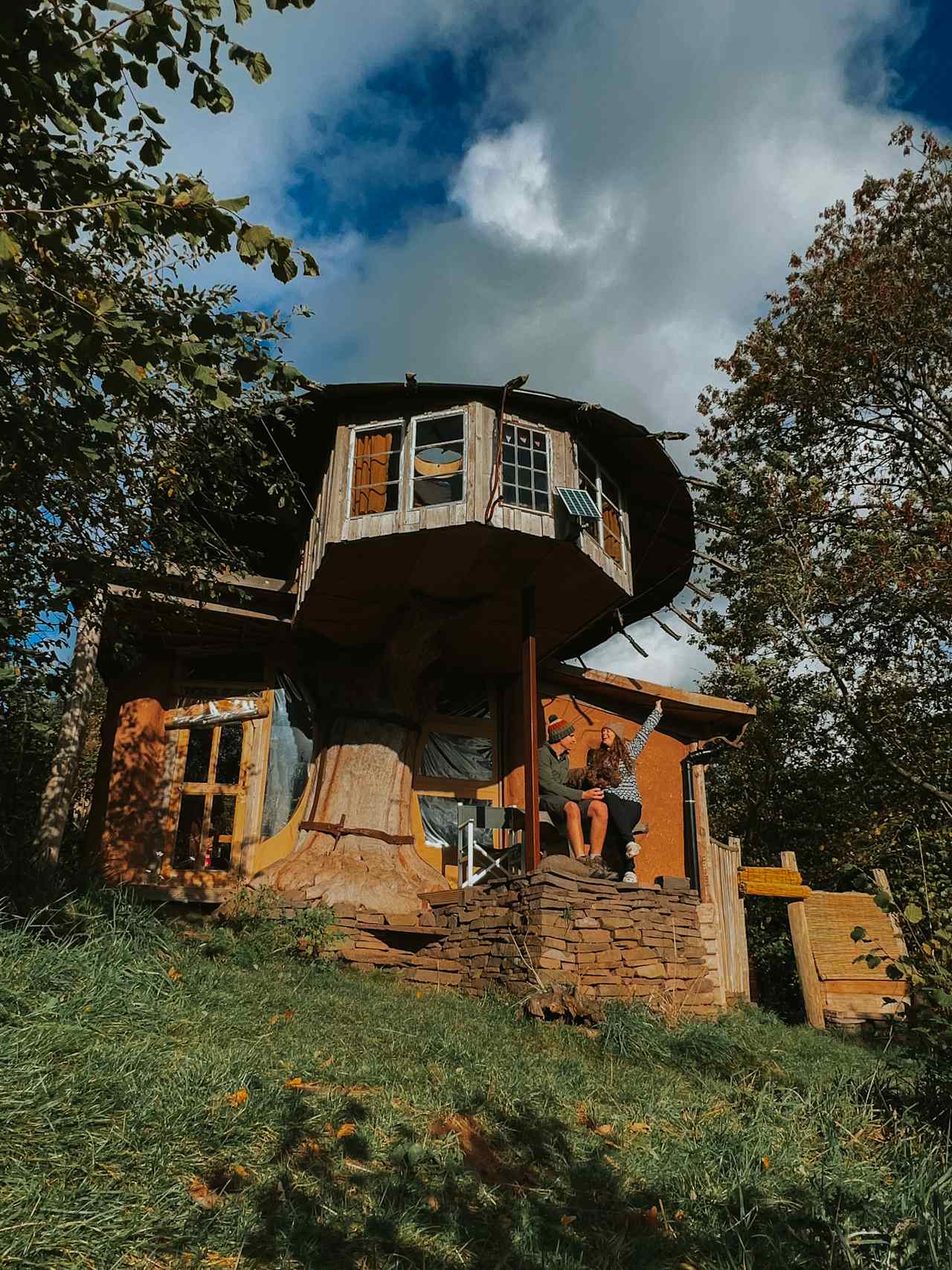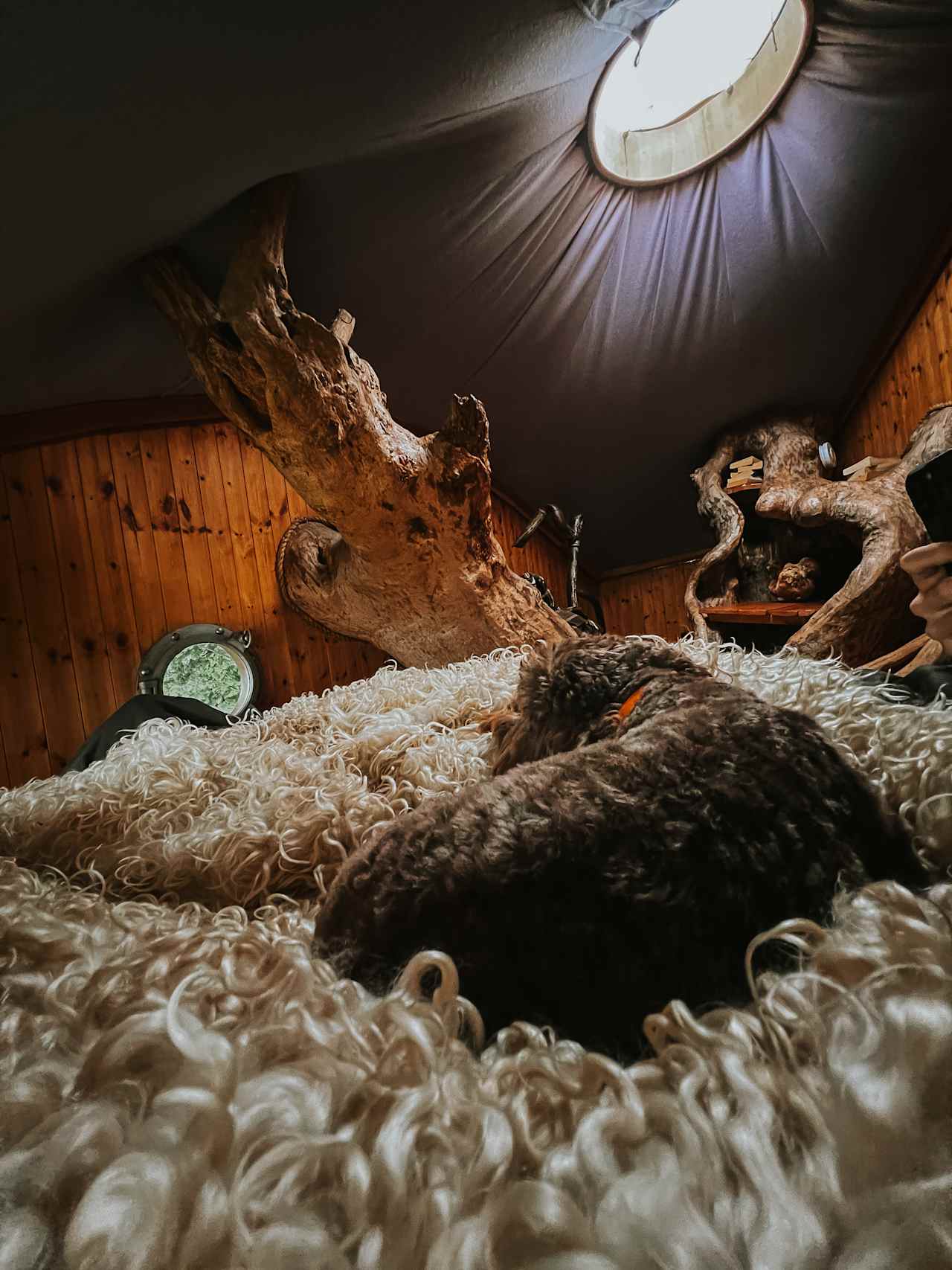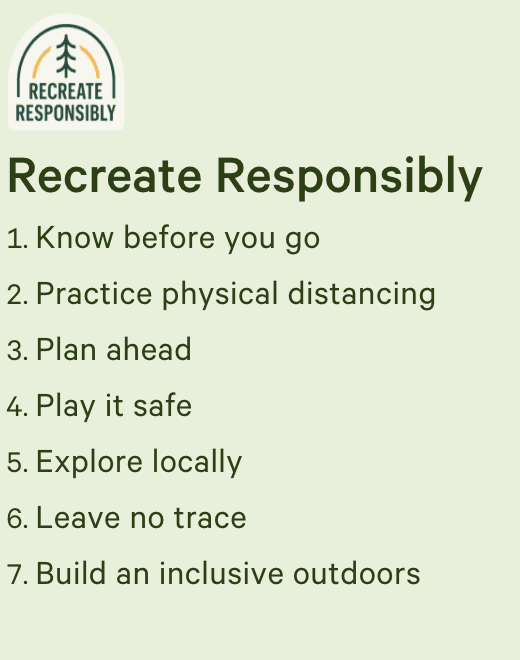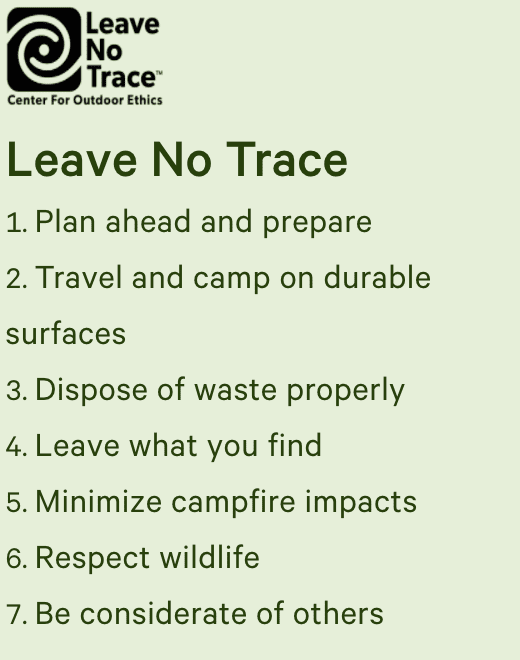Treehouses in West Wales
With some of Britain’s most remote and celebrated coastline, West Wales should top campers’ lists.
- West Wales
4 top treehouses sites in West Wales
Celtic Woodland Holidays
Goytree Glamping and Treehouses


Treehouses in West Wales guide
Overview
West Wales has everything you need for the perfect camping holiday: Inland, green hills and lush valleys provide scenic camping locations while seaside campsites set near surfing, swimming and rock pooling are an obviously popular choice. West Wales spans the three modern-day counties of Carmarthenshire, Pembrokeshire, and Ceredigion, alternating between the dramatic shores of Pembrokeshire Coast National Park and the Cambrian Mountains’ remote uplands. Here, outdoor enthusiasts can tramp the Wales Coast Path, or tackle the Cambrian Way across the region’s mountainous spine. Campers can also bike Brechfa Forest’s lonely trails, surf South Pembrokeshire’s waves, explore ancient sites in the Preseli Hills, or go dolphin-watching off Cardigan Bay. Camping in West Wales is a pleasingly varied bag, from small-scale campsites on the coast to little-known hillside gems. Many basic farm stays allow campers to find their own pitches among acres of grass fields or paddocks, while more formal sites offer set pitches with amenities like electric hookups and water taps. With miles of stunning coastal roads and mountain routes to explore, it’s no surprise that many West Wales campsites offer ample provisions for campervans too.
Where to go
Brecha Forest
Wales’ fourth-largest extent of forest, this might well be the biggest expanse of trees in Britain that you have never heard about. Spreading across North Carmarthenshire’s undulating hills, Brecha has several marked walking trails and nationally renowned mountain biking routes from its Abergorlech trailhead. Look for campsites with pitches circling a lake.
South Pembrokeshire Coast & St Brides Bay
This is the most popular part of the Pembrokeshire Coast National Park, running from the resort towns of Saundersfoot and Tenby to Britain’s westernmost city, St Davids, at the north of St Brides Bay. The region attracts crowds keen to see the fabulous beaches, but tranquillity can be found at striking locations like the castle-flanked surf spot Manorbier, the dramatic seabird paradise Elegug Rock Stacks, and Solva, a dreamy fishing village. The best camping is around St Davids.
Preseli Hills
A short distance from the coastal Pembrokeshire most people are acquainted with, the Preseli Hills are very different in feel. This rugged range has scarcely any settlements, and is most notable for its adventurous hiking and for housing one of Europe’s greatest densities of prehistoric monuments. Newport is the northern gateway to these unkempt inland moors, while campsites near Mynachlog-ddu put you near the Golden Road, the hike traversing the Preseli’s ridge via umpteen ancient sites.
Cardigan Bay
Wales’ biggest bay curves north from North Pembrokeshire’s Strumble Head to Southern Gwynedd via Ceredigion. This is Europe’s best spot for bottlenose dolphin-watching, where stunning sections of the Wales Coast Path traverse solitary headlands like Cemmaes Head. Special sandy beaches dot the coastline, and there is a huge choice of camping spots: big affairs along the Ceredigion coast and smaller sites with big character on the North Pembrokeshire stretch.
Cambrian Mountains
These bare, yellow-green hills, scored by wooded valleys, loom across the middle of Wales, with much of the terrain falling into North Carmarthenshire and East Ceredigion. Although never surpassing 2,475 feet, the Cambrian Mountains are mighty wild places with few beaten paths. Britain’s remotest land south of the Scottish Highlands, the mountains are most easily accessed from Machynlleth and Aberystwyth. There are scarcely any campsites in the middle, so towns on the periphery are the best camping bases.
Ceredigion
With the dramatic peaks and seascapes of Cardigan Bay and the Cambrian Mountains, Ceredigion encapsulates the natural beauty West Wales is so famous for. Besides the largest town, Aberystwyth, the largely rural landscape is made up of cute villages and acres of sheep-dotted farmland. The sheer breadth of green, open space makes this an ideal place for camping. Expect to spot a profusion of wildlife including deer, foxes, and red kites circling overhead, especially over the 60-mile-long Ceredigion Coast Path. Camping highlights include a safari tent and hot tub getaway near Aberporth beach and an unspoiled eco retreat on the fringes of Lampeter.

























